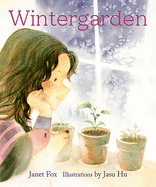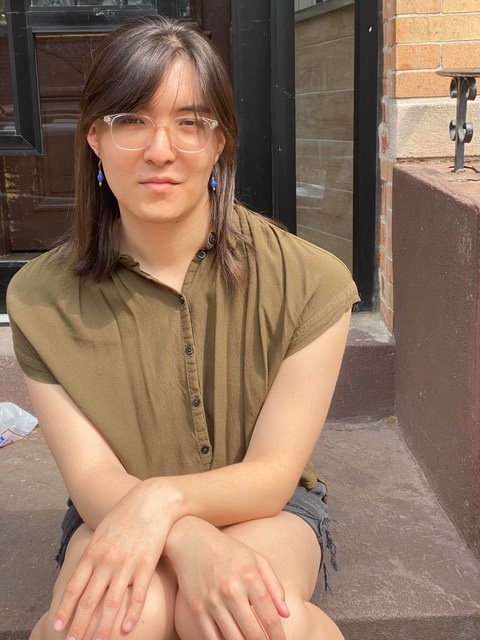 |
| photo: Hannah Account |
Emily Zhou is a writer from Michigan who lives in New York City. Her first book, Girlfriends (LittlePuss Press, October 17, 2023), is a collection of seven short stories about Gen Z queer life.
Handsell readers your book in 25 words or less:
Introspective stories about aimless trans women, aged 19-25, who are all having some sort of inarticulate, poorly managed crisis. Quiet with a few loud moments.
On your nightstand now:
I'm about halfway through Robert Caro's biography of Robert Moses, The Power Broker. I expected it to be about urban planning, a subject I've recently become fascinated by, but Moses's oversights are easy to see in retrospect and were obvious even at the time--building highways through cities is bad, etc. It's more about how power works in New York City municipal politics, and how good Robert Moses was at holding on to it for a long time. I might not finish it, but I tend to be stubborn about finishing books, even long ones.
When I'm bored with Caro and Moses, I rip through novels by Ivy Compton-Burnett, an English modernist who wrote almost entirely in dialogue. She's inspiring me to do more with less, even if she would be a difficult author to emulate directly. My favorite one so far is Pastors and Masters, which is a lot more fun than its title suggests.
Favorite book when you were a child:
As depressing as this is in retrospect, I loved the Harry Potter series when I was very young, and I generally read a lot of other high fantasy stuff that I mostly don't remember at all. The book that made me interested in literature was probably Dostoevsky's Crime and Punishment, which I read in ninth grade and haven't revisited since.
Your top five authors:
In no particular order:
Henry Green. His novels, which I read one after the other in a rapturous blitz last year, totally decentered my way of thinking about fiction in ways I'm still thinking through. Back and Doting are two of the funniest books I've ever read.
Sarah Schulman. I find her work tremendously inspiring in its clarity.
Patricia Lockwood. I haven't read all of her books, but I have canceled plans to read her essays when a new one comes out.
Elif Batuman. It's hard to think of a novel that captures better what it's like to be a confused, curious young person than The Idiot.
Ben Lerner. I generally don't read neurotic-male-intellectual novels all that much unless they're really good, and Ben Lerner's novels are really good.
Book you've faked reading:
Anna Karenina. I want to get to it someday, but I find Tolstoy daunting. I've read a lot of George Eliot, so it isn't just about the period or the length. Part of it is that I'm indecisive about which translation to read. People have alarmingly strong opinions about this, and it's a long book. That said, my girlfriend came home the other day with the Pevear/Volokhonsky, so I guess that'll be the one--eventually.
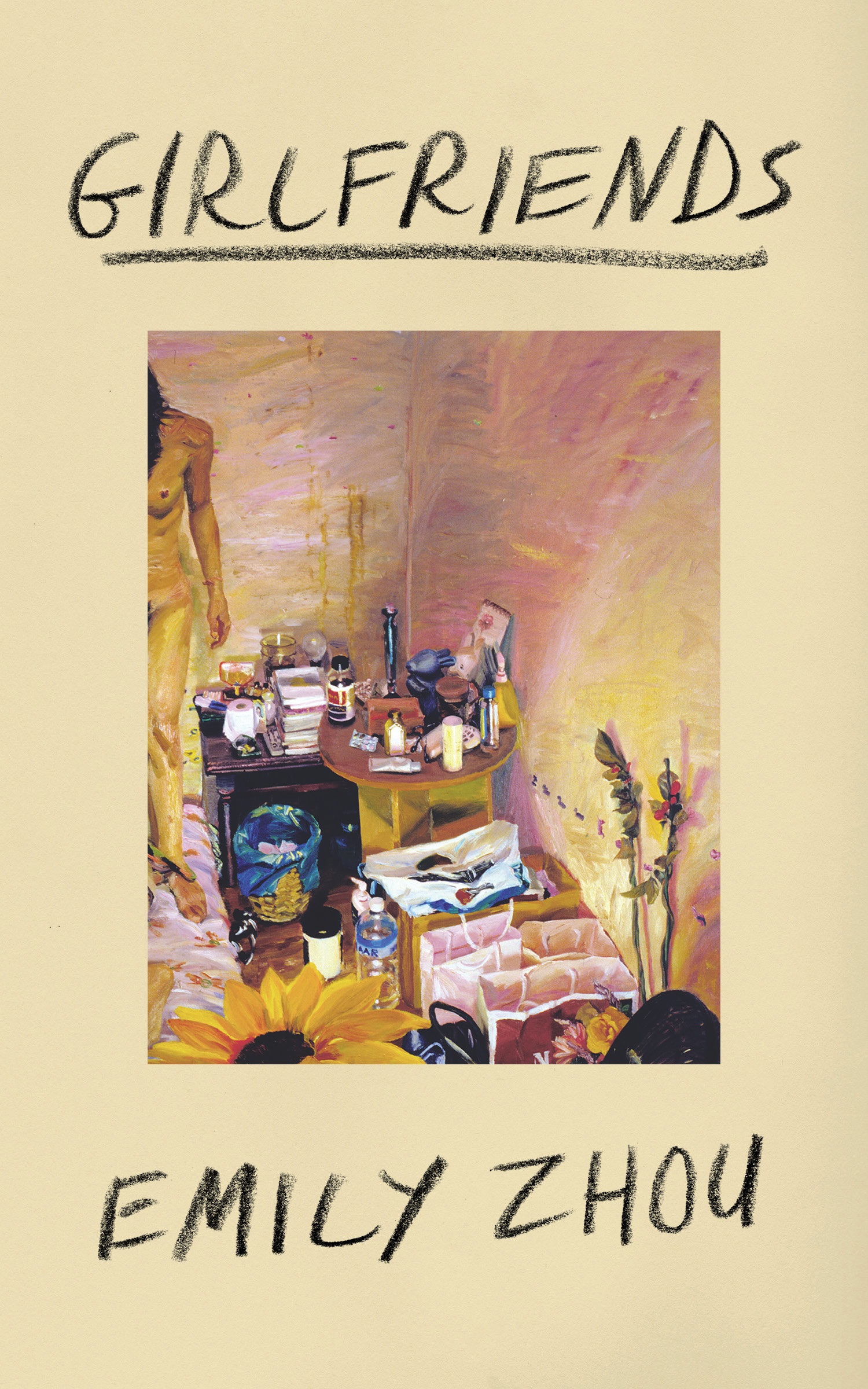 Book you're an evangelist for:
Book you're an evangelist for:
When I lived in Michigan, I talked nearly every trans woman I met into reading Imogen Binnie's Nevada, which at that time was out of print. That book was talismanic to the trans micro-generation immediately preceding mine (especially to a certain sort of white, overeducated trans lesbian), and--believer in literature that I was--I was dismayed that my younger peers weren't reading it. I lent out my copy to maybe six or seven people and encouraged them to write in the margins, and it's now a palimpsest of annotations in different colors.
Book you've bought for the cover:
Andrew Martin's Early Work, which has a Balthus painting on it and a very nice font. I've since read it three times, so I'm glad the book designer did such a good job.
Book you hid from your parents:
When I was 10, I hid my mom's copy of Charles Baxter's The Feast of Love in my locker at school and then, when my mom found it was missing, I had my friend Will hide it in his. I have my own copy now, and it's a book I'm still fond of. It's about existential loneliness and how we try to salve it with love, and it's the best Ann Arbor novel, but it also happens to open with a young couple breaking into Michigan Stadium at night and having sex on the 50-yard line. (Baxter writes "making love," which gives you an idea of what kind of book it is.) The school administrator who made Will and I fess up seemed bemused that this was what I was clandestinely reading, and I was hugely embarrassed--not because the book titillated me, but because all the adults around me thought I was. I was fascinated by it because the book seemed like a window into an adult way of looking at the world that was still comprehensible to my 10-year-old self. Sex was a part of that, but it wasn't the whole picture--but no one else understood that, and it's impossible to explain anything to an adult when you're 10.
Book that changed your life:
Torrey Peters's Detransition, Baby made me want to move to New York, which I did in 2021 with very little preparation or planning. This is, in retrospect, extremely naive and borders on delusional, but things worked out mostly fine for me, even if the New York depicted in that book had been totally displaced by the time I hopped off the train.
Favorite line from a book:
"The betrayer is always the debtor; at best, he can only work out in remorse his deficit of love, until remorse itself becomes love's humble, shamefaced proxy." That's from Mary McCarthy's The Company She Keeps.
Five books you'll never part with:
Sybil Lamb's I've Got a Time Bomb. This, to me, is the ultimate trans novel. Someone should get it back in print.
Elizabeth Hardwick's Sleepless Nights. This book terribly frustrated me the first time I read it (I wrote in my diary at the time that she "treats humans like malfunctioning automatons"), but it's a book that's deepened with each rereading.
Mary Ruefle's Madness, Rack, and Honey. At one time, it seemed like everyone I knew in the Ann Arbor musical/literary community had read this book at some point, or was recommending it to someone else. There's a good reason they were--it's great and undiminished by time and many rereadings.
Joan Murray's Drafts, Fragments and Poems. Murray is criminally underrated, probably because she died at age 24 without having published much. I think she's a visionary in the vein of Emily Dickinson and Laura Riding, and I hope more of her work gets published someday.
Susan Sontag's diaries (which are two volumes, but I'm counting it as one). A lot of young, bookish women who need a role model for their frustrated sense of seriousness have fallen under the spell of these diaries, and I'm no exception. They led me to so much else, and they're just so fun to read, even if I've outgrown emulating her.
Book you most want to read again for the first time:
Adam Ehrlich Sachs's The Organs of Sense, a satire of Enlightenment philosophy and science, repeatedly made me laugh so hard I cried the first time I read it. It's still a pleasure to reread, but I sometimes wonder if any other book is going to make me laugh like that.
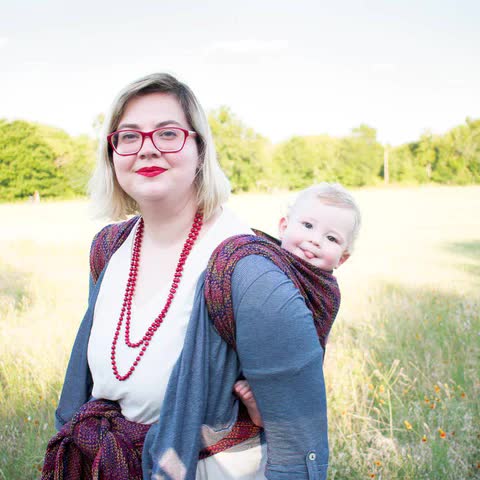





IPC.0204.S3.INDIEPRESSMONTHCONTEST.gif)




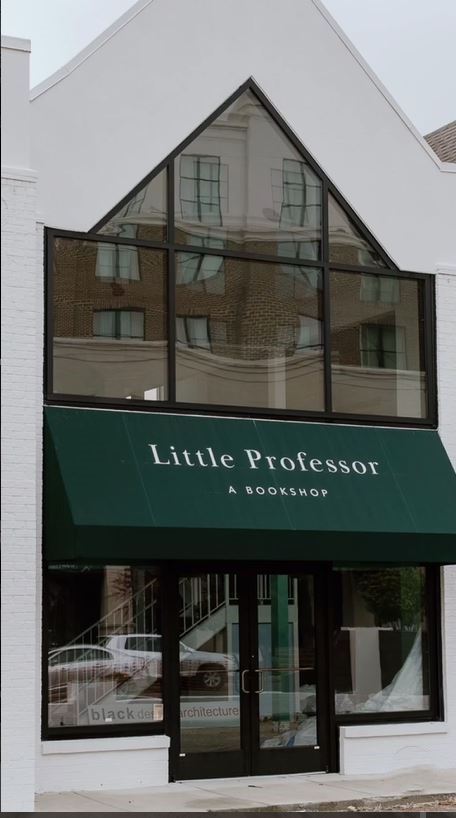

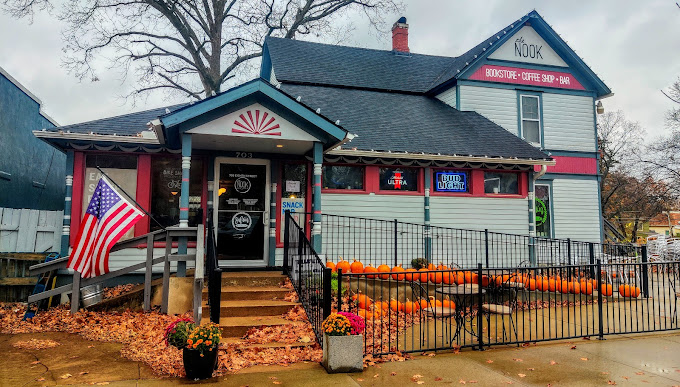 The Nook, a bookstore and bar in Baldwin City, Kan.,
The Nook, a bookstore and bar in Baldwin City, Kan., 
IPC.0211.T4.INDIEPRESSMONTH.gif)
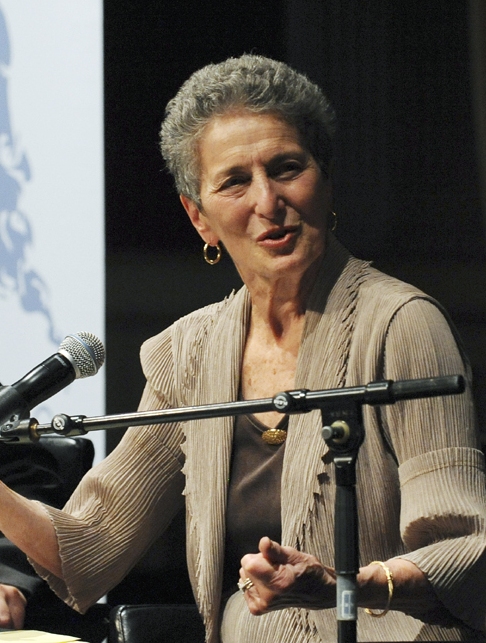
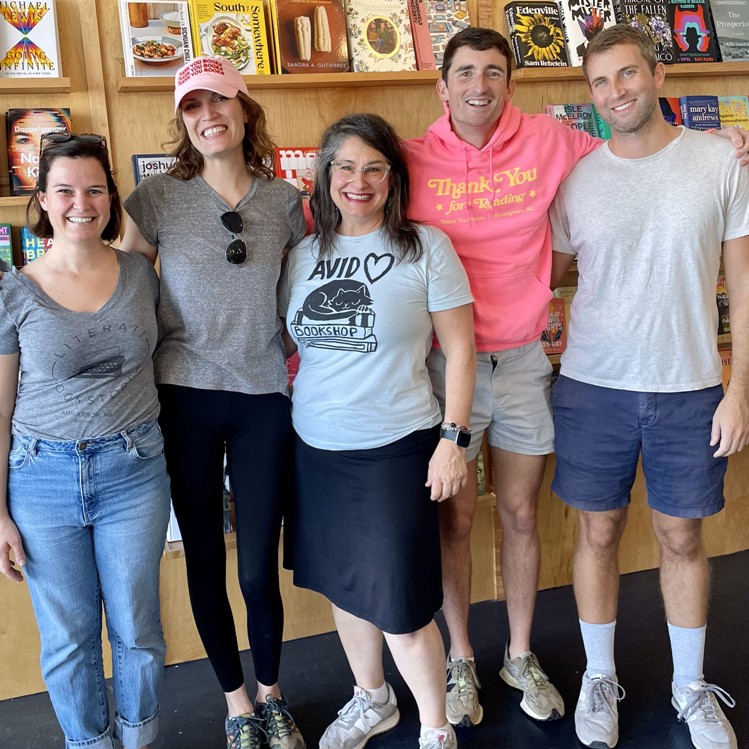 While they were traveling to New Orleans for a meeting recently, booksellers from
While they were traveling to New Orleans for a meeting recently, booksellers from 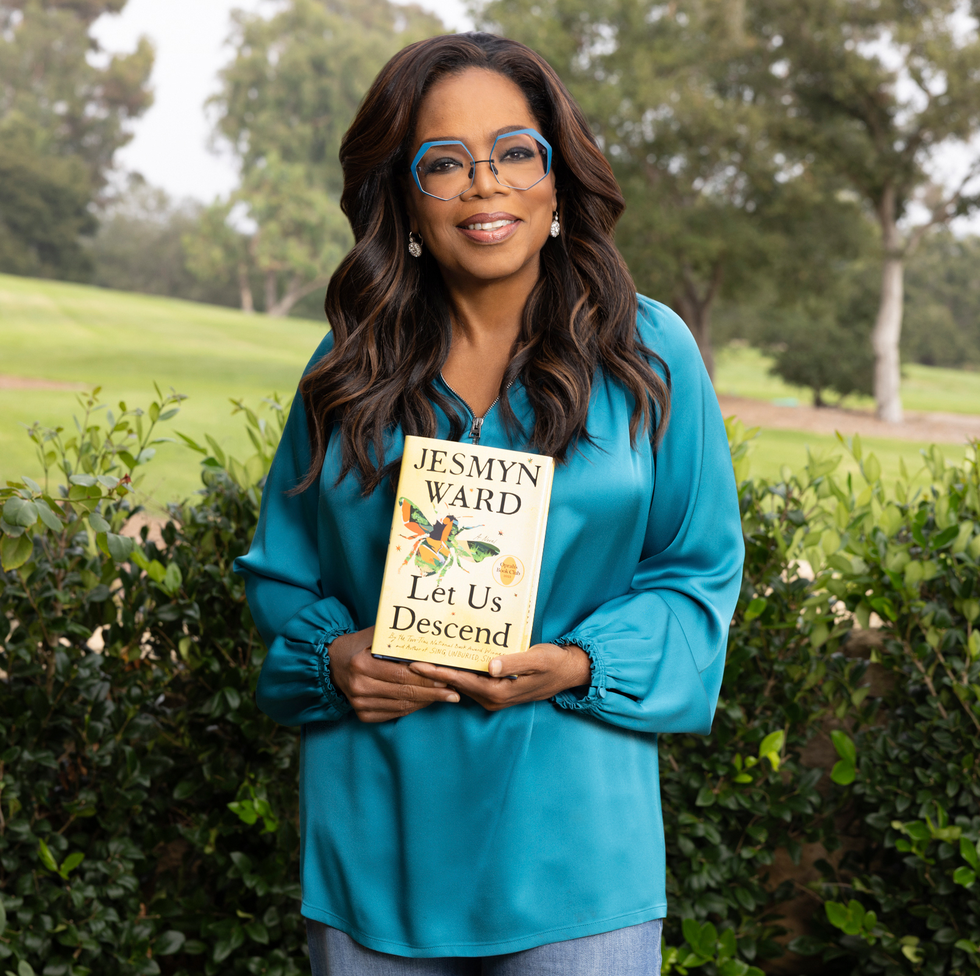 Oprah Winfrey has chosen
Oprah Winfrey has chosen 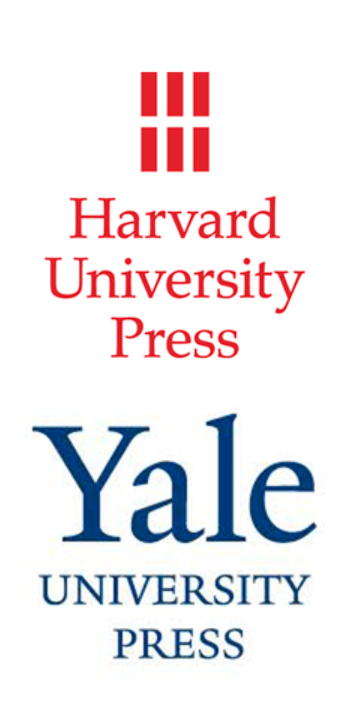 W.W. Norton will handle sales and distribution of Yale University Press and Harvard University Press to wholesale, retail, library, and specialty accounts, as well as special sales venues, beginning in the fall of 2024 for titles to be released in January 2025. Among the largest and most prestigious university presses, both Yale and Harvard are currently distributed by TriLateral, Cumberland, R.I.
W.W. Norton will handle sales and distribution of Yale University Press and Harvard University Press to wholesale, retail, library, and specialty accounts, as well as special sales venues, beginning in the fall of 2024 for titles to be released in January 2025. Among the largest and most prestigious university presses, both Yale and Harvard are currently distributed by TriLateral, Cumberland, R.I.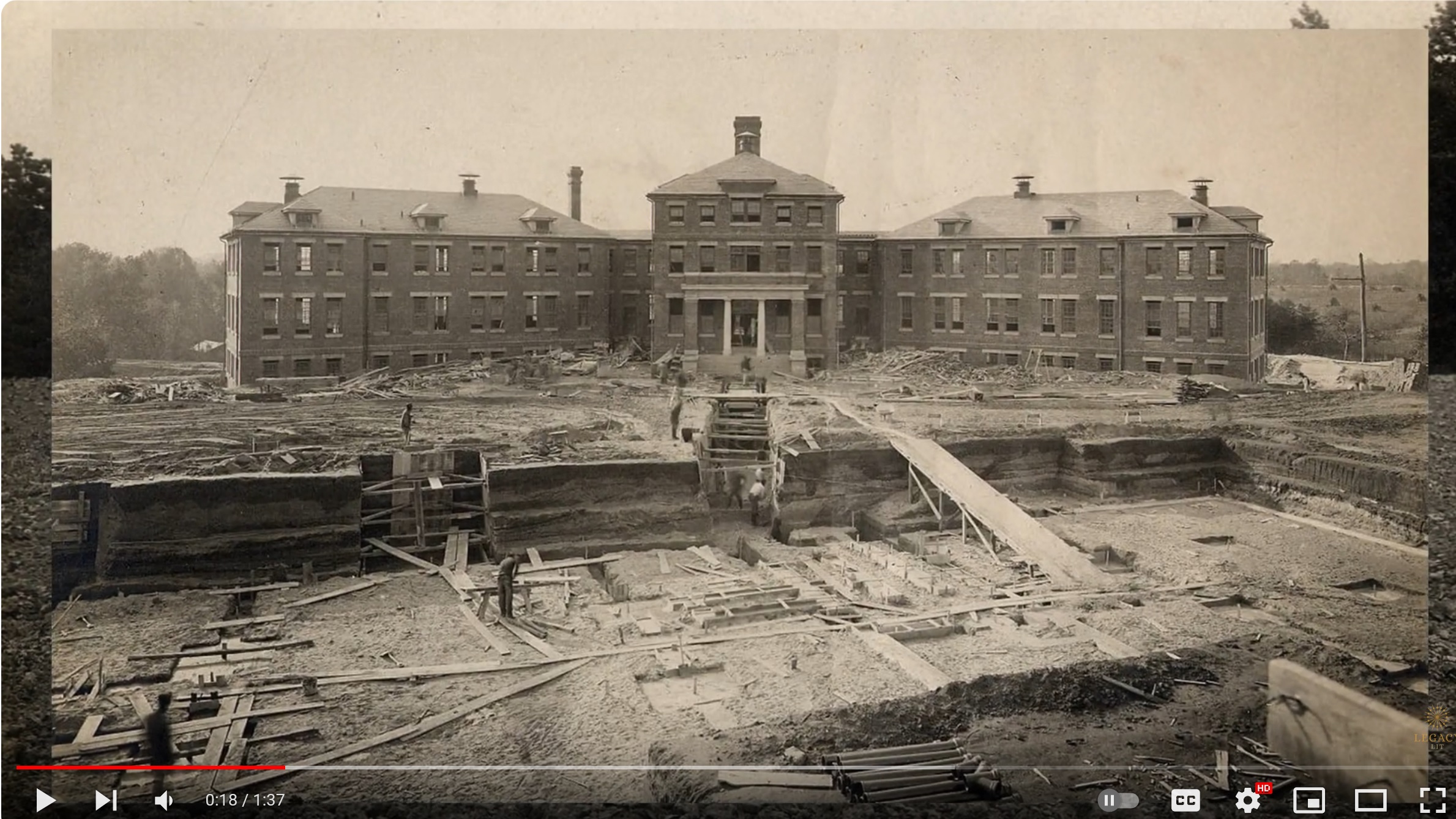 Madness: Race and Insanity in a Jim Crow Asylum
Madness: Race and Insanity in a Jim Crow Asylum
 Book you're an evangelist for:
Book you're an evangelist for: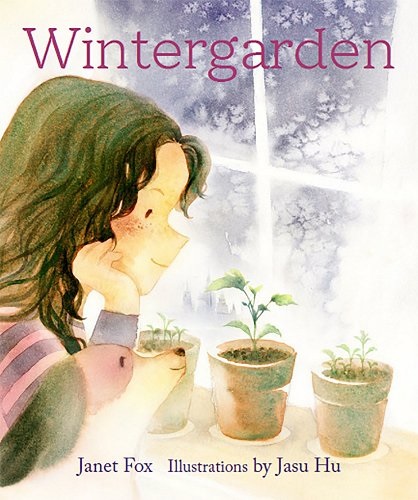 Janet Fox's second picture book, Wintergarden, is a lyrically hopeful story about a young girl who learns nurturing green-thumb lessons from her patient mother. Artist Jasu Hu, who was born in China and lives in New York City, augments Fox's smooth text with exquisite spreads created with watercolor, pencil, and mixed media, resulting in synchronous perfection.
Janet Fox's second picture book, Wintergarden, is a lyrically hopeful story about a young girl who learns nurturing green-thumb lessons from her patient mother. Artist Jasu Hu, who was born in China and lives in New York City, augments Fox's smooth text with exquisite spreads created with watercolor, pencil, and mixed media, resulting in synchronous perfection.